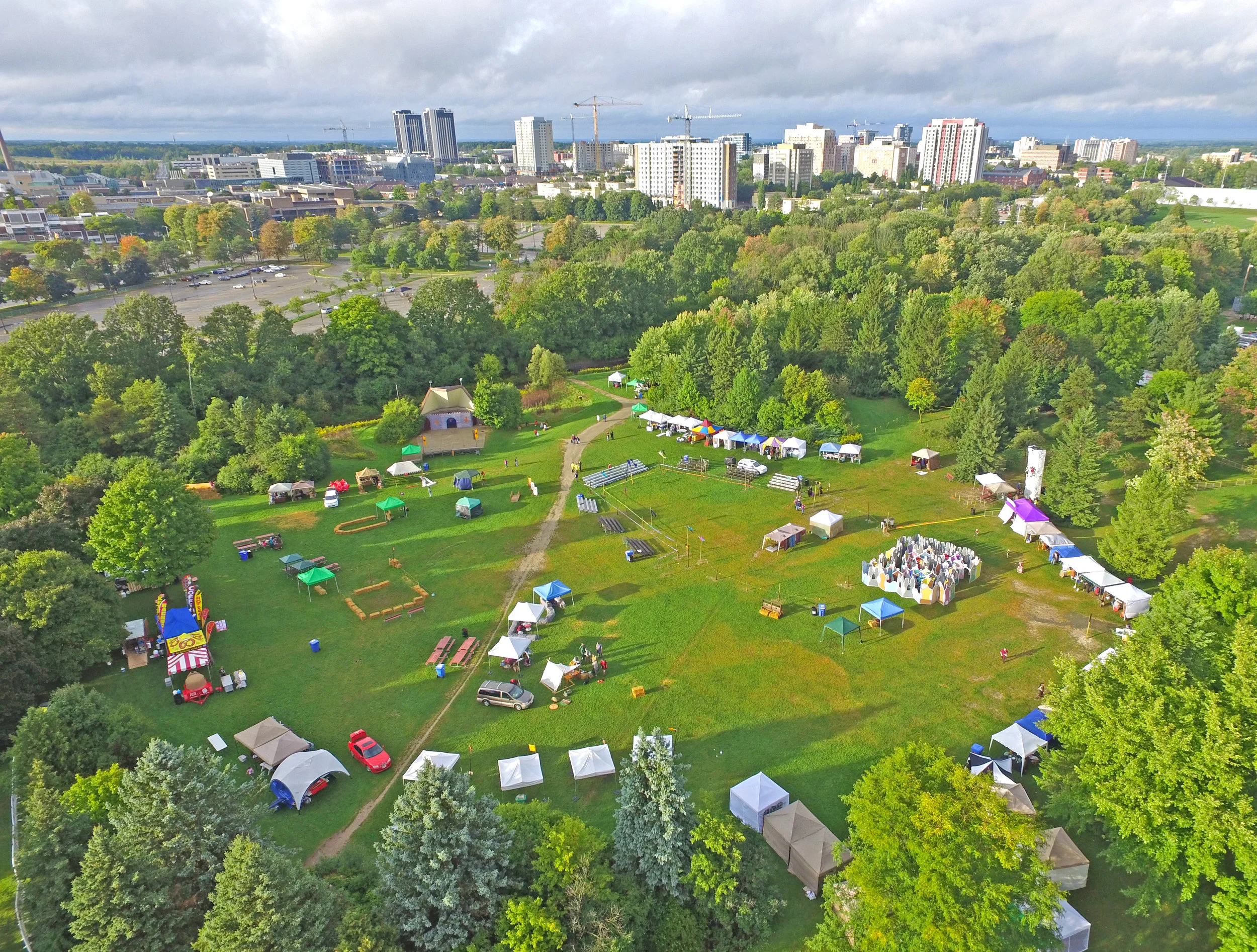Canada's New Drone Rules: A Summary
/New rules governing drone use in Canada were released this morning by the Minister of Transportation Marc Garneau. These new rules only come into effect on June 1st 2019, so take time to review them before worrying about their requirements.
The biggest topics or changes from the previous rule regime are: Basic and Advanced Operations licenses, liability insurance not being required, drone registration online and recency requirements. These apply to all drones weighing 250g up to and including 25kg and operated within line of sight; this is a marked difference from the previous draft of regulations which separated rule classes based on weight. There is no longer a difference between recreational and commercial flying. All pilots of drones must get a pilot certificate.
The new licenses/certificates are: Pilot Certificate: Basic Operations and Pilot Certificate Advanced Operations. These two new categories of drone operations are based on distance from bystanders and airspace rules. This handy infographic from Transport Canada gives a good run down of the operation types. To conduct basic operations, you’ll need to pass the basic operations exam and register your drone online. For advanced operations, you’ll need to pass the advanced operations exam, pass a flight review with a flight reviewer and register your drone online. Micro-drones such as the DJI Tello, do not follow under either category or have to register but must be kept away from airports and not put people/property or other aircraft in danger. Anything over 25kg requires special permission in the form of a Special Flight Operations Certificate.
Liability insurance is no longer required for the basic and advanced operations categories but is recommended. However, liability insurance will more than likely be relevant for anything over 25kg. This is an incredible amount of cost savings for individual owner/operators and since it is not required, deductibles can be tailored to the pilots operations.
All drones (except those under 250g) will need to be registered through the Transport Canada online portal before their first flight. The previous rules only required you write your name and address on the drone – this time, a registration number and barcode will need to be printed and attached as well as now the government has your information. A similar requirement in the USA was needed until a recent court challenge struck it down.
Lastly, all pilots will need to keep their drone knowledge up to date. If your knowledge level lapses more than 2 years, your certificate can be invalidated. Transport Canada’s ‘Recency Requirements” outlines acceptable activities to prove that you have retained your flight knowledge; such as attending a safety seminar by Transport Canada or completing a recurring training program. I personally think this requirement is extremely arbitrary and will be circumvented easily. I understand what Transport Canada is trying to do here which is maintain education levels for Canada’s drone pilots, however I can see this just being a cash-for-signature business unless it is clearly outlined how this will be carried out.

